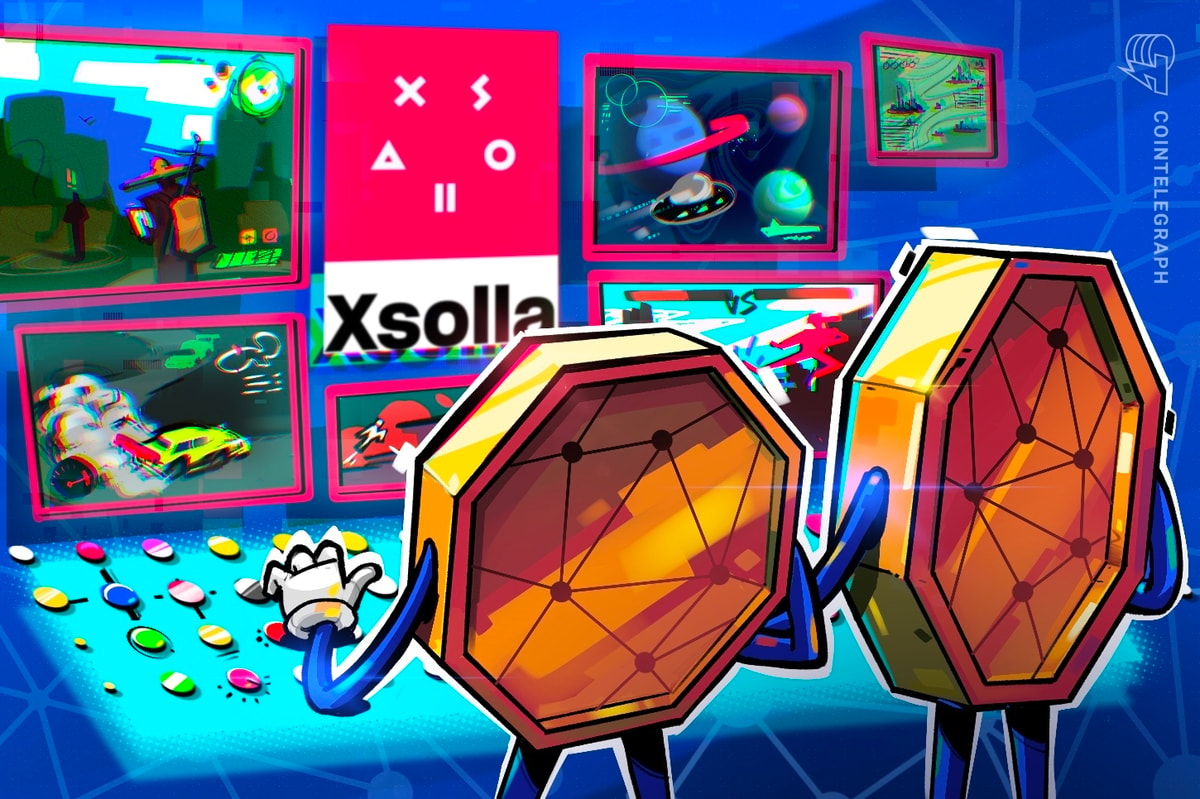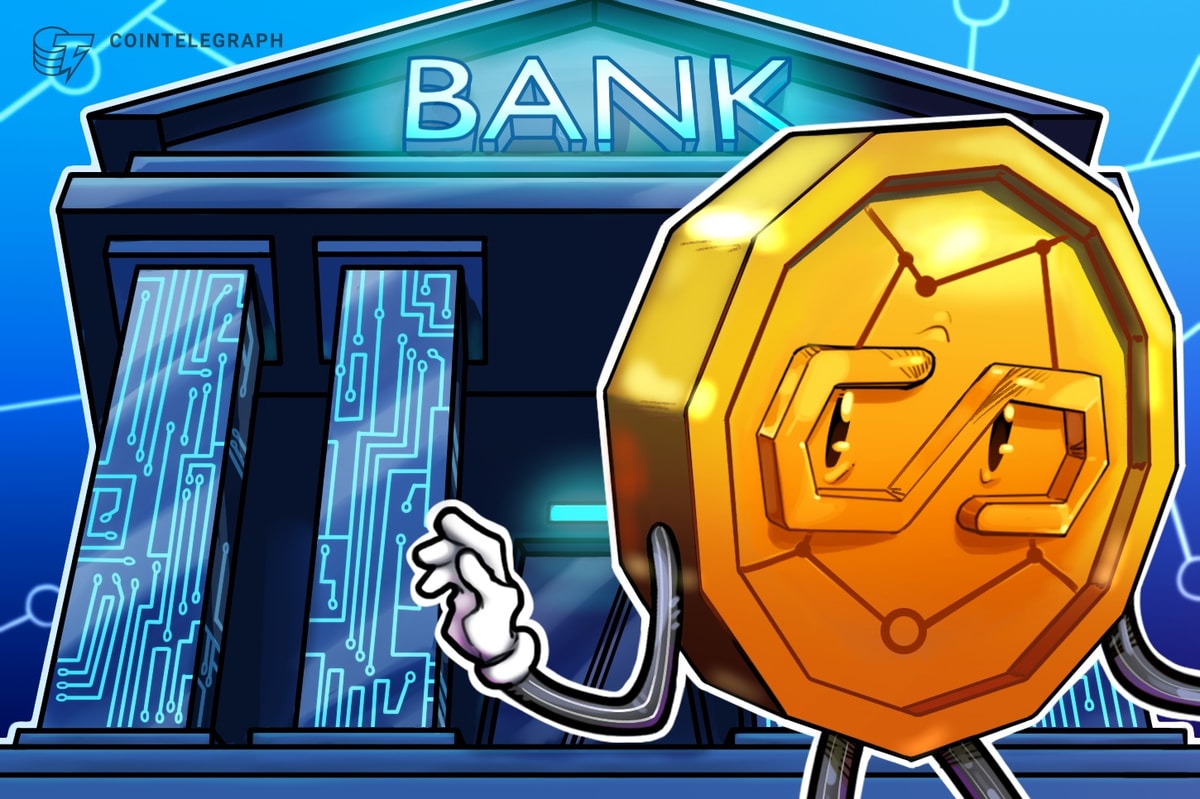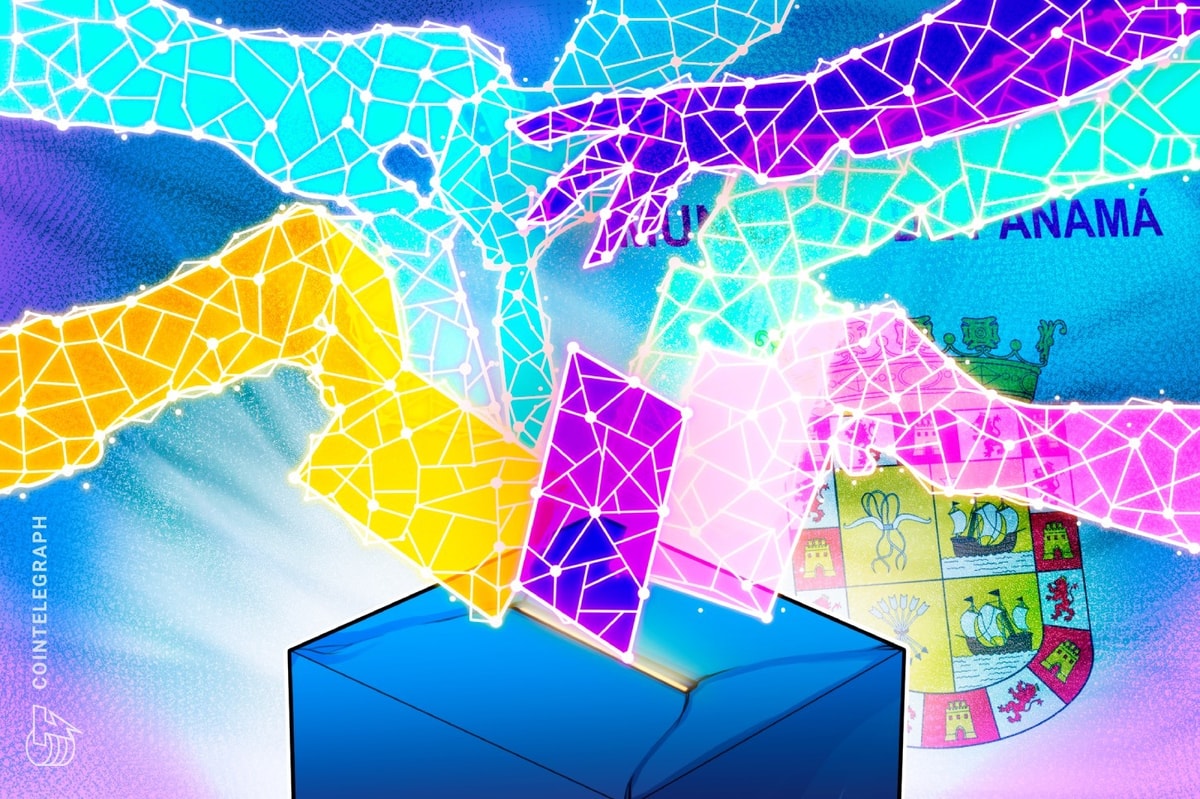Xsolla introduces a specialized chain powered by ZKsync and a “digital backpack” feature to streamline payment options, expand monetization avenues and simplify Web3 adoption for developers.
The worldwide gaming scene has grown significantly in recent years, drawing players across platforms and regions. However, launching and maintaining a successful title often requires more than just captivating gameplay.
Many studios encounter hurdles when trying to distribute their games globally, as they must adapt to diverse payment methods, navigate shifting regulations and satisfy varying player preferences. Monetization adds another layer of complexity as developers weigh various strategies — such as in-game purchases and subscriptions — to attract a broad user base.
Blockchain technology further expands the possibilities, yet it can be challenging to integrate without the right expertise and resources. As competition intensifies, finding efficient tools and systems for global reach and technological innovation becomes increasingly crucial.
Simplifying the path to market
One example that addresses these challenges is Xsolla, a video game commerce provider established in 2005. Over nearly two decades, the organization has built tools that help developers streamline global distribution, offer localized payment options and access flexible monetization models.
Instead of requiring separate solutions for each operational need, Xsolla centralizes essential services — such as payment processing, in-game stores and subscription systems — under a single umbrella.
For studios aiming to extend their reach into emerging markets, the availability of over 700 localized payment methods can significantly ease entry barriers. The goal is to simplify the development process, allowing creators to concentrate on innovation rather than logistical hurdles.
A specialized chain for seamless Web3 integration
Mindful of the growing interest in Web3 initiatives, Xsolla has announced plans to launch Xsolla ZK, a specialized chain powered by ZKsync — a layer-2 scaling solution from Matter Labs. ZKsync uses zero-knowledge rollups, a technology that helps blockchains run more efficiently by bundling transactions and verifying them securely.
Meet Xsolla ZK: a digital backpack for virtual items on the blockchain!
— Xsolla ZK (@XsollaZK) November 14, 2024
Powered by @zksync from @the_matter_labs, it’s designed for a future that enables true ownership, cross-platform compatibility, and secure trading of in-game assets.https://t.co/wtPZ7BnuUu
With Xsolla ZK, the video game commerce company plans to release a “digital backpack” for in-game items, giving developers and item creators a place to store and manage virtual goods on the blockchain. This backpack feature is designed for convenience, so players can keep track of purchases across multiple games without dealing with excessive technical steps.
Plug-and-play solutions for mass usage game performance
According to Rich Kim, head of gaming at Matter Labs, bridging the gap between developers and players is a key aspect of making Web3 gaming more accessible. Many teams, especially those new to blockchain, “need proven, plug-and-play infrastructure to launch rich features while handling the performance required by mass usage games.”
Lee Jacobson, senior vice president of business development Web3 at Xsolla, expressed his enthusiasm for the project: “By deploying our expertise on the ZKsync Elastic Chain, we provide game developers with a scalable and pioneering solution aligning with the economic models with which they are familiar.”
With Xsolla ZK integrated into the Elastic Chain ecosystem — an expanding constellation of interconnected chains — the expectation is to reduce complexities that commonly arise when trying to offer non-fungible tokens (NFTs), tokens or other blockchain-based assets in games.
Boosting developer success with refined technologies
Beyond its blockchain efforts, Xsolla continues to refine its core offerings to address broader industry needs. The company provides developer-friendly APIs and SDKs, which can shorten the time it takes to implement new features like virtual items or subscription services.
Additionally, these tools allow for flexible monetization, giving creators options ranging from one-time microtransactions to recurring billing models. With more than 2,500 games monetized and a network of over 1,000 developers and publishers, Xsolla has gained insights into optimizing revenue streams for titles at various stages of growth.
Future-proofing game commerce
Looking forward, the organization plans to explore further ways of integrating emerging technologies into gaming. Its roadmap includes expanded support for cloud-based play, direct-to-player strategies and deeper partnerships within the blockchain sphere.
By combining tested approaches in game commerce with newer frameworks like ZKsync, solutions like Xsolla have the potential to cultivate a more inclusive and innovative gaming ecosystem, ultimately benefiting developers, publishers and players worldwide.
Disclaimer. Cointelegraph does not endorse any content or product on this page. While we aim at providing you with all important information that we could obtain in this sponsored article, readers should do their own research before taking any actions related to the company and carry full responsibility for their decisions, nor can this article be considered as investment advice.












